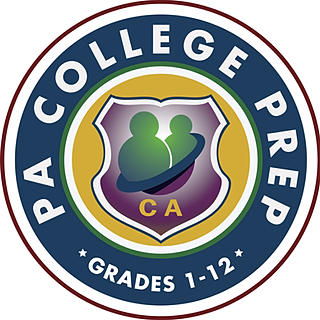What should I do for the summer?
- PA College Prep
- Jan 7, 2022
- 3 min read
5 ways to enrich your experiences, interests, and talents
Just when you thought you could take a break after the first semester, think again. If you’re just finishing your 8th or 9th grade, you’ll hear that colleges are interested in what you do over the summer. That doesn’t mean that your time should be spent in drudgery.

Summer is the time for students to discover new experiences, explore further into current interests, develop skills and talents, and/or reset for the upcoming year. If you’re wondering what’s out there for you, consider the following in your summer planning:
1. Take a course just for fun and curiosity
There’s nothing wrong with taking a course to help you get to the next level of math. But there is also a lot to gain in taking a class that’s not required. When you choose something because it interests you, it shows that you’ve taken initiative in your own learning. No one told you what you do. You’re doing it because you want to and made the decision. You can certainly take the course for a grade, but you don’t have to. Taking a course for fun and curiosity can help you reboot your desire to learn, something that will refresh you especially when you have to take required courses in the new semester.

2. Work on an individual or group project
Tests, quizzes, and homework may not always measure how much you’ve learned. If there was something presented in class that you wished you had more time to explore, why not come up with your own project? Or maybe there is something brought up in your clubs that you’d like to work on with other club members? Working on an individual or group project gives you a chance to apply and test what you’ve learned.

3. Participate in a summer program
Many universities and colleges offer summer programs. Some are competitive, others are pay-to-play. Each program is unique in its structure, timeline, and objectives. Of course, you’ll want to choose a program that fits your interests, schedule, and skill level. But even more importantly, you’ll have to pay attention to application and registration deadlines. For competitive programs, you might have to submit an application that can include an official transcript, letters of recommendation, and a personal statement.

4. Pursue an internship

Much like summer programs, there are universities and colleges that have internship programs. The majority of these internship programs are going to be highly competitive, so be prepared to submit all application materials and meet the deadline. But these internships aren’t the only opportunities. Tap into your local network and see who may need help. You’ll be able to learn new skills and explore an industry and/or profession.
5. Get a job
If you’re of legal age, you can apply for a job. You’ll want to turn in your application way before the summer begins so that you can start right when school ends. Working at a job will help you hone your skills and/or give you new ones. Don’t know what customer service is like? Learn on the job! Have no idea how to save money? Figure out after your first paycheck! Being able to hold onto a job would provide you with life skills and experience that you won’t get in high school.
Whatever you decide to do, remember that the summer presents a lot of promise. With all these choices, you’ll set yourself up for a summer to remember.



Comments